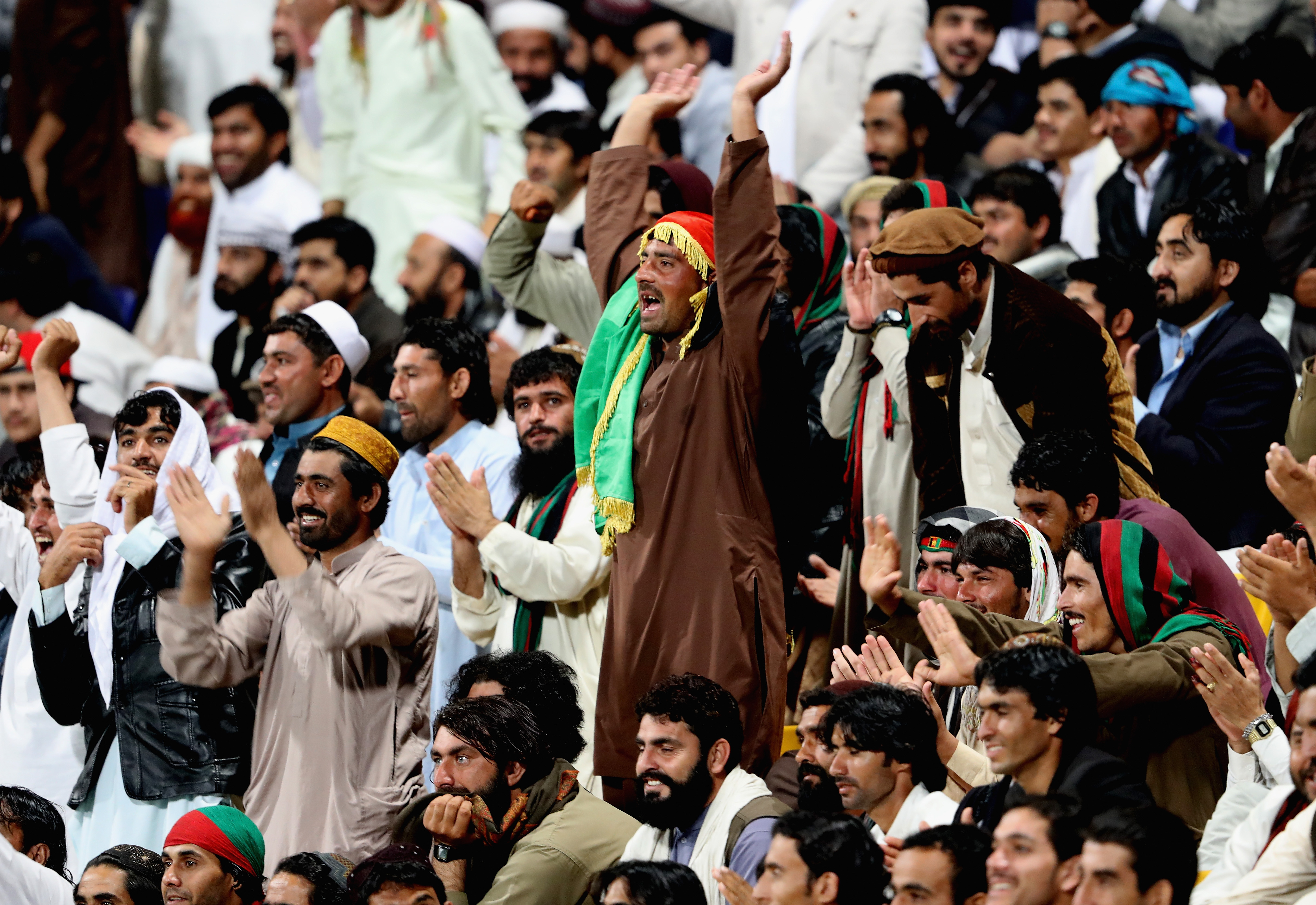BCCI's decision to play Afghanistan's inaugural Test is the best reward for their fairytale journey

Getty
In the recently-concluded SGM, BCCI chief executive officer, Rahul Johri, confirmed that India would host Afghanistan for their first ever Test match and the announcement was bound to trigger a celebration in the war-torn country.
This news has been a wonderful reward for the giant stride that Afghanistan have taken in international cricket in the last decade, but the journey would not have been possible without India, their greatest political and cultural ally over the years. The bilateral relations between the two neighbors have traditionally been very friendly as India was the only South Asian country to recognize the Soviet-backed Democratic Republic of Afghanistan in the 1980s and also aided the overthrow of the Taliban and became the largest regional provider of humanitarian and reconstruction aid to the nation. Even Shaida Mohammad Abdali, Afghanistan’s Ambassador to India, in April 2017 pointed out that India "is the biggest regional donor to Afghanistan and fifth largest donor globally with over $3 billion in assistance. India has built over 200 public and private schools, sponsors over a 1000 scholarships, hosts over 16,000 Afghan students."
But as far as cricket goes, generally, it was not always the case. Despite the ICC asking all the full members to nurture the small cricketing countries, as big brothers go, India
And the news can’t get any better for the people of the proud nation whose cricketing journey began in the refugee camps in Pakistan. Pakistan’s 1992 World Cup victory under the leadership of Imran Khan was inspirational. People of Pakistan were influenced and so were the Afghan refugees staying there. Afghans, who had migrated to the eastern neighbor after the Soviet invasion in the 1980s, started playing the game on flat cement tracks. It was an escape from the endless difficulties that life had bestowed on them on a regular basis, and none of them ever gave a thought about playing the sport at a professional level.
Suddenly, with the strict imposition of the militant version of the religion, the Taliban, there came a blanket ban on sports of any form, however, the ban on cricket was lifted very soon as it endeared itself to even the extremists in the country. Primarily, there are two reasons behind it, with the first being the clothing, which, unlike football, could be easily accommodated within the religious and cultural traditions of the country. And also cricket had significant resemblances to top danda - an old Afghan game. While the reasons may not sound cool to the ears, nonetheless, the cricket bat soared and scored over the gun and then, a journey began to defy the odds. From the inauspiciousness of beginnings to

 © Getty
© GettyThere is a sweet thing about the sports – it unites people like no other and it talks to masses in a language they understand. The small joys that cricket has given the people of Afghan has mattered a lot to the people of the country. The game united the people suffering from personal and national problems aplenty and they cheered for their stars battling out the odds on a different field now, a field that is unseen in their country, even now. While studying in Ravenshaw University in Cuttack, a varsity that has been the alma mater to many Afghans, I had the first-hand realization of how much they do take pride in their game and in no small measure.
Supporting the underdogs and watching them toppling the giants is what makes the sport such a beautiful obsession. And when the underdogs achieve their success after a continuous face-off with miseries, the support grows manifold and that’s why Afghanistan’s progress in cricket is such an endearing story for everyone associated with the game. They are brave, passionate, and love to play the game with avid innocence. When they are in full flow, they are a treat to watch. They play cricket the way they love life - on the edge and with absolute disdain for safety.
And the celebration can be observed from the fact that increasingly there is real long-term planning by the national cricket board as well. A Memorandum of Understanding has been signed with the Ministry of Education to establish cricket as part of the national curriculum and a diverse array of sponsors, including UNICEF, have helped the nation develop their infrastructure. An increase in revenue after getting Test status means they will receive a huge hike from the total of USD 1.776 billion available for the teams around the world and that’s fair.
It needs to be developed not only because of the love and passion that they have shown over all these years, it needs to be developed for the betterment of the game as well. Cricket needs them as much as they need cricket - they have created a ripple, even if small, in the stagnant pool that the international cricket has become with the India-Australia dominance.
The true success of cricket would come on the day when Afghanistan take on India in Kabul in front of 50,000 passionate supporters rooting for their team. They have taken the first few steps in a brilliant way. One hopes the dream day would come sooner than later – when there is no fear of a Kalashnikov and only the whoosh of a cricket bat is heard as the people of that proud nation celebrate the homecoming of a game that has united all of them and bound them to a nation as different from themselves as India.
